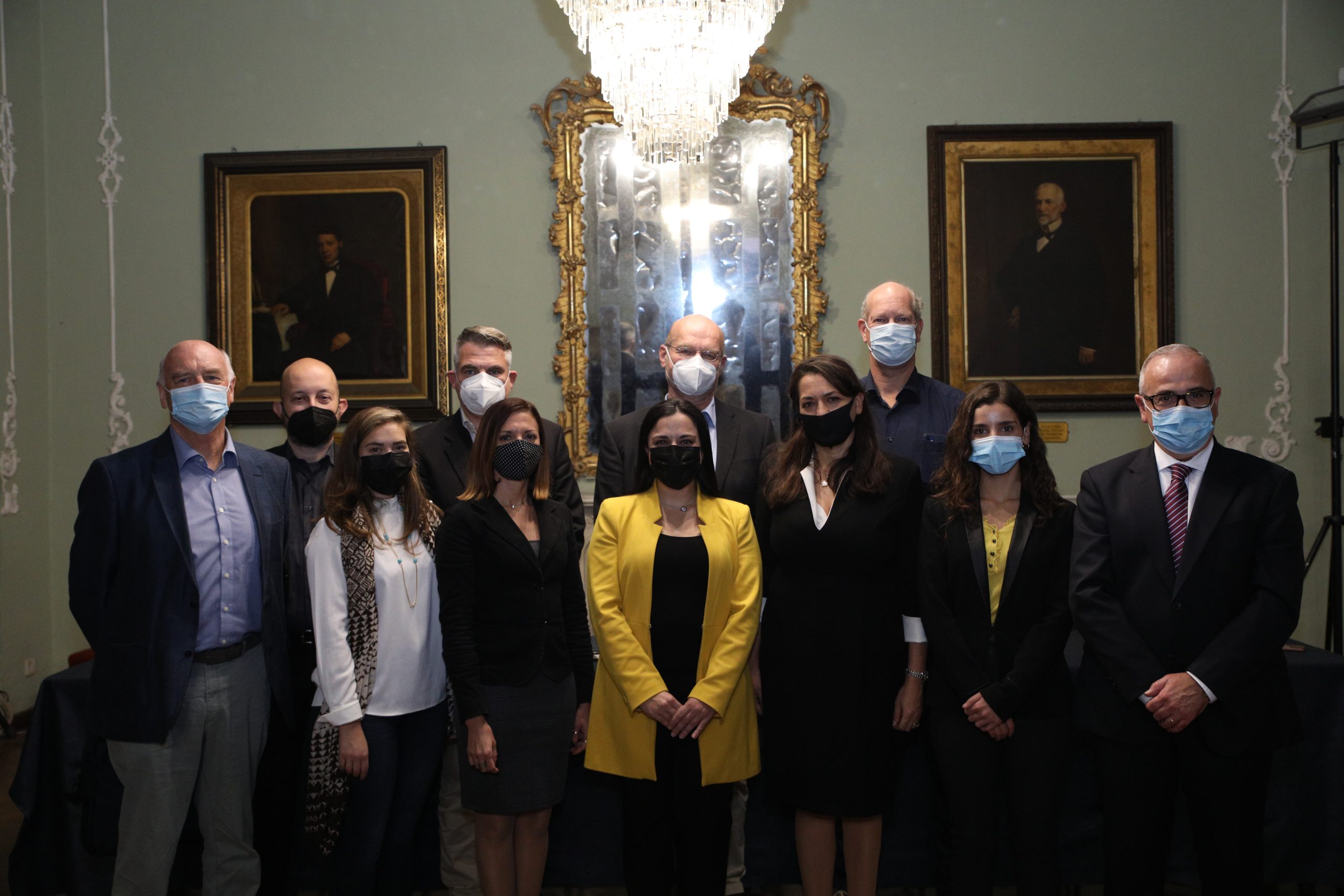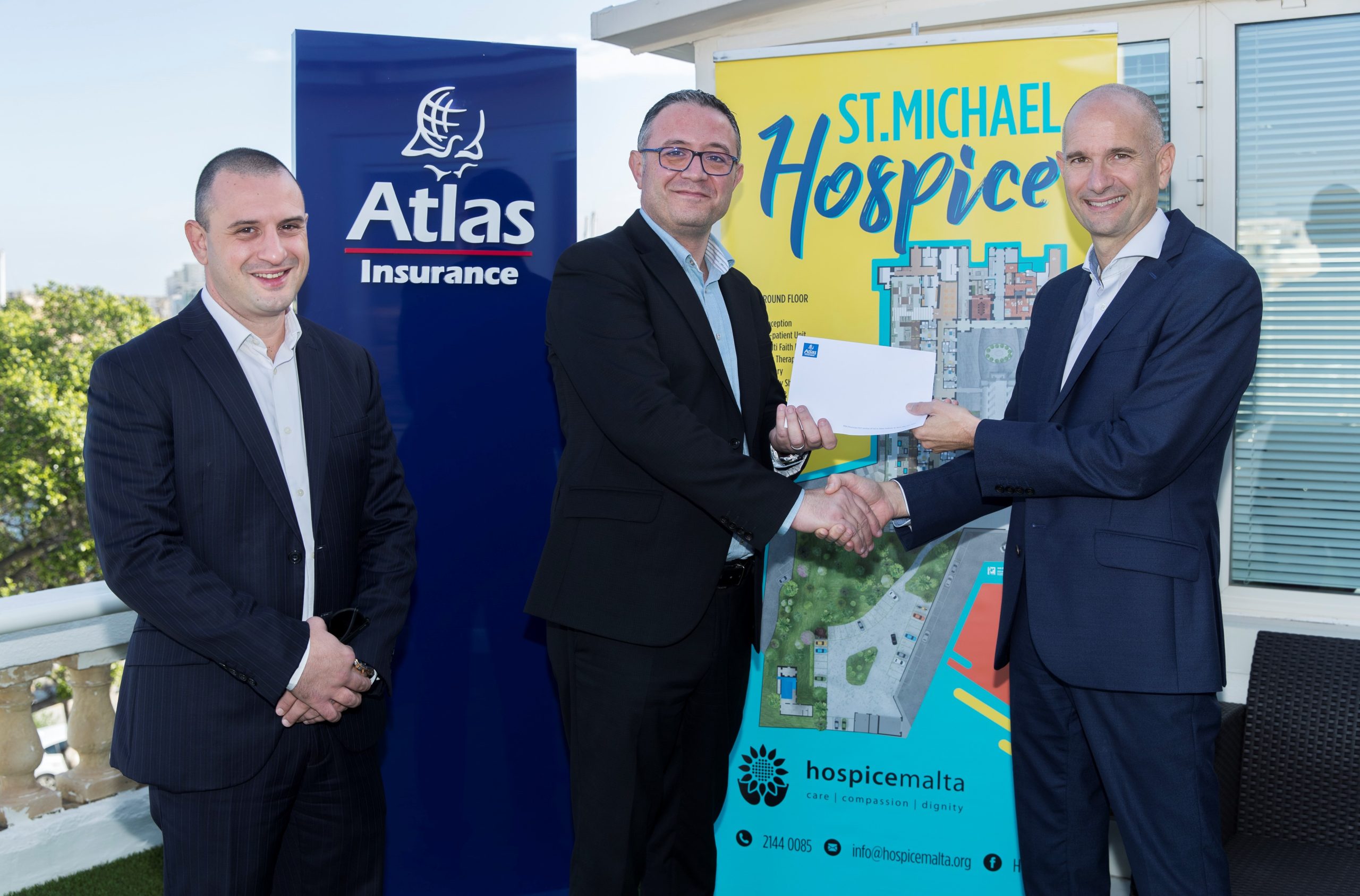At a recent conference, the Malta Business Bureau (MBB) officially launched an online SME Hub to help strengthen the financial and digital skills of microentrepreneurs and enable them to
widen their networks and internationalise. The event was organised as part of DIFME – an Erasmus+ Knowledge Alliances Project led by MBB with the participation of the University of Malta’s Edward de
Bono Institute and other European partners.
In her opening address, MBB President Alison Mizzi said, “We have seen the digital transformation of the workplace outpacing educational institutions as well as the labour market itself, leading to skills
shortages in several sectors. For this reason, the EU must continue facilitating cooperation among Member States’ authorities and educational institutions and the private sector to address key challenges by microenterprises.”
The SME Hub serves as an open repository of solutions for entrepreneurs. Through collaborations between the DIFME project partners, practical information was collated and made accessible to
entrepreneurs operating across different industries, including information on doing business in Malta, Bulgaria, Germany, Greece, Ireland, Italy, and the Netherlands, relating to government agencies,
banking sphere and assistance programmes, among others.
Commenting on this, MBB Project Manager Marika Huber stated, “Whether you are kicking off your enterprise or scaling up, the SME Hub will provide you with the tools and resources you need to make
informed decisions regarding your financial and internationalisation well-being now and in the future.”
The hybrid conference was also addressed by Roberta Metsola, First Vice-President of the European Parliament and Josianne Cutajar, Member of the European Parliament. Dr Metsola explained the
European Parliament’s work on boosting entrepreneurship and facilitating investment and trade by pushing the development of better SME financing tools and generating greater business
opportunities. On her part, Dr Cutajar put emphasis on the challenges faced by microenterprises in island states like Malta, whilst also highlighting the critical role of funding and access to finance in
helping microentrepreneurs get equipped with the skills they need to cope with the twin transition and the structural challenges they face.
At the end of the conference, the DIFME project partners signed a Memorandum of Cooperation, thus confirming their intention to develop further activities and maximise on the outputs achieved
throughout the last three years of project implementation.








